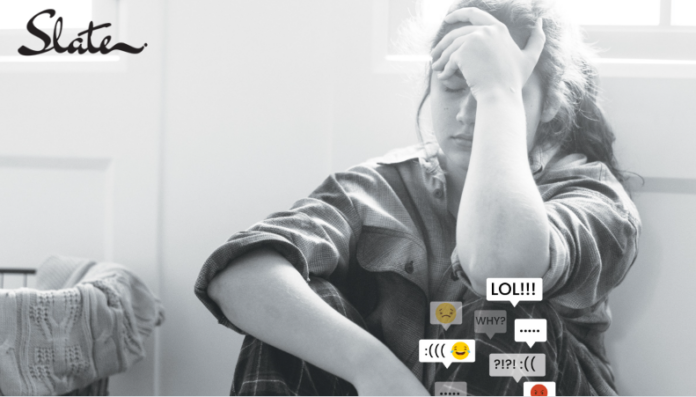By Rupsa Marak
While the internet has its undeniable perks, it also has a harrowing potential to derail someone’s life. Many of us like to share something we are proud of, state our opinion on current issues, or be who we are without catering to every section of society. That said, even our mere existence becomes a problem for some people.
Unfortunately, there is a broad category of bullies that people encounter, and I should know because I’ve been a victim of cyberbullying myself.
To educate those unaware, the most common types of bullies I have encountered are “incels”, “queerphobic” or “racist”. In the larger context, cyberbullying reflects how stereotypes shape our worldviews.
Incels are swimming in a deep pool of misogyny, often seething at their women companions or lack thereof; instead, love to insult the latter for their achievements, or to shame them for flaunting themselves because God forbid women are content with their lives without the influence of men.
Coming to the age-old homophobia, this hatred or repulsion for queerness is carved into the minds of people from a young age, making it difficult for them to unlearn this conditioning.
While some of us are successful in growing as people, homophobes resort to bullying people online with personal insults like their parents would be ashamed of them for being queer. Sometimes, they even go as far as telling them to kill themselves.
This toxic culture targets non-conformism. Those who express themselves without harming anybody make them deserving of hatred. People get bullied for things that cannot be changed – the colour of their skin, sexual orientation, gender or the way they look.
Cyberbullying is rampant because it is easier to sit behind a screen without your identity being disclosed and spew hatred, rather than muster the courage to be upfront about their perception. Victims of cyberbullying are often reluctant to speak up because it is seen as something unimportant or to be taken lightly. Comments like “Just turn off your phone/computer,” or “just ignore the messages/calls,” are possibly the most ignorant and insensitive things to say to a victim of cyberbullying.
It isn’t just limited to “hate comments”. They also come as death threats, rape threats, doxing (leaking personal information), and defamation, among others. Cyberbullying is a crime for a reason.
The other side of this rabbit hole is victim-blaming. Telling someone to “stop posting such content” or sharing opinions to get the bullies to stop, insinuates that the victim is responsible for the bullying.
Why blame the victim instead of going after the perpetrator? The same bullies defend themselves by saying that they have the “freedom of speech”, therefore, the right to have an opinion, and blame it all on ‘cancel culture.’
Being held accountable does not equal to getting bullied. While we have freedom of speech, our words come with consequences. There is a fine line between getting cyberbullied and facing the consequences of actions online. Claiming to be ‘bullied’ for bigotry diminishes the experiences of actual victims of cyberbullying.
A lot of bigots like to victimise themselves by claiming that they are facing online harassment, or that people “never let them express their opinions”. At the end of the day, an opinion is not a fact. If one’s opinion can harm somebody or put someone’s life in danger, then “jokes” come at the expense of an entire marginalized community, therefore, cease to be funny.
The question remains – does constant exposure to cyberbullying leave one de-sensitised?
If yes, how do we counter this? Courage lay in communication, and victims of cyberbullying should ask for help. Thankfully, there are laws that have categorised cyberbullying as criminal behaviour.
In a way, there is hope. It is easy to sit behind the screen with anonymous accounts to bully people for not following preferred conventions and for their own pleasure. More than ever now, we must talk about legal consequences. Perhaps awareness is the way forward – to speak about laws protecting victims, forms of punishments, and the psychological impact of the “trolling culture” – through workshops and advertising campaigns. That, and knowledge about rights, are significant in the digital age.
Children, in particular, need to be protected from these individuals online. Their internet activities should be supervised lest they either become a victim or a bully themselves.
Internet safety should be a priority for us all, and basic human decency is something we acquire, first from home and later in school.
As I end this piece, I would leave readers with a question – is it that hard to be kind to each other, even if we are strangers?


